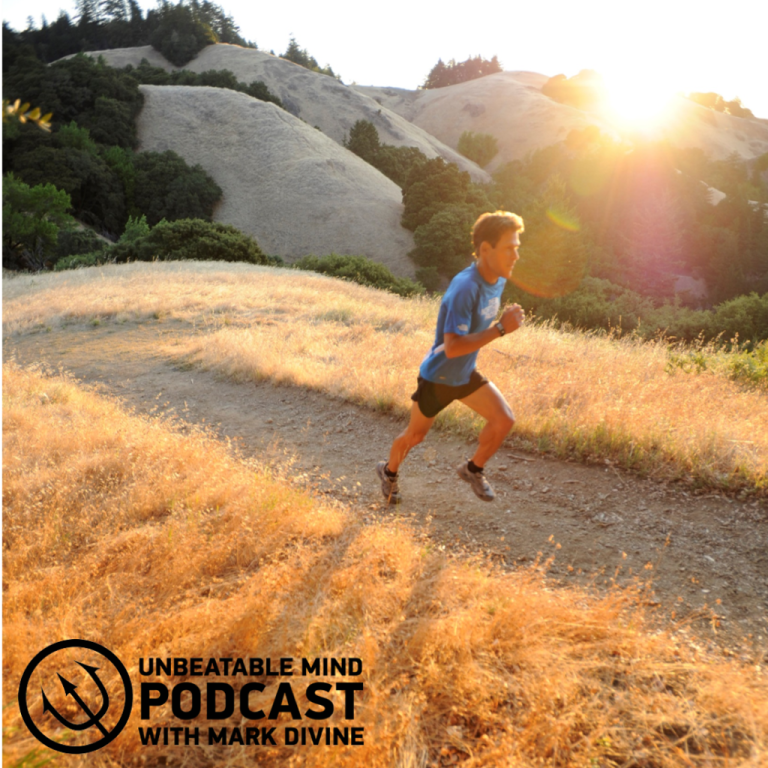# Lessons from Ultra-Cycling Champions
Cycling is more than just a sport; it’s an art of balance and endurance. Learning from ultra-cycling champions can transform your approach to the ride. These athletes master the fine blend of physical and mental stamina, teaching valuable lessons for any cyclist. Embrace their experiences in training strategies, nutrition, and mental toughness to enhance performance.
Understanding their techniques can not only improve endurance but also optimize your cycling experience. Dive into the world of elite cyclists and discover how they tackle challenges and maintain peak performance. Whether you’re aiming to boost your endurance or fine-tune your race strategies, these insights can guide you.
Training Techniques for Cyclists
Effective training techniques are crucial for cyclists seeking improvement. Ultra-cycling champions emphasize structured training plans that address endurance, resilience, and mental toughness. A balanced program incorporates interval training, endurance rides, and recovery sessions.
Interval Training for Optimal Performance
Interval training enhances cardiovascular fitness and builds stamina. It involves alternating high-intensity efforts with rest periods, which boosts endurance and resilience. Implement structured intervals like 4×4 minutes at high intensity, followed by recovery periods, to mimic race conditions and prepare your body for exertion.

Long-Distance Endurance Rides
Endurance rides are essential for building stamina and mental toughness. These sessions train your body to maintain a steady pace over extended distances, crucial for competition day. Start by incrementally increasing your ride duration while focusing on consistent effort and pacing.
Pacing and Mental Toughness
Pacing is vital during long rides to avoid early fatigue. Ultra-cyclists learn to regulate effort across various terrains, conserving energy. Mental toughness complements this by enabling focus and perseverance, especially when overcoming challenging segments. Visualization techniques, practiced by champions, enhance focus and readiness.
Best Nutrition Practices for Cyclists
Nutrition fuels performance in cycling. Adequate intake of carbohydrates, proteins, and fats supports endurance and resilience. Ultra-cyclists maintain balanced diets, rich in nutrients, to optimize training and racing.
Carbohydrate Management
Carbohydrates are the primary energy source during long rides. Consuming complex carbs in meals and simple sugars during rides provides sustained and quick energy respectively. Aim for a diet where 50-60% of total calorie intake comes from carbohydrates for optimal energy levels.
Protein for Muscle Recovery
Proteins aid muscle repair and recovery, crucial post-training. Include lean protein sources like chicken, fish, and legumes to meet daily protein needs. A protein shake or bar immediately post-exercise enhances muscle recovery, reducing injury risk.
Hydration and Electrolyte Balance
Proper hydration is paramount, preventing fatigue and heat exhaustion. Electrolytes, lost through sweat, must be replenished in drinks to maintain performance. champions emphasize monitoring color and volume of urine as hydration indicators, adjusting fluid intake accordingly.
Race Strategies and Fatigue Management
Race strategy blends preparation and adaptability, essential for success. Champions focus on pre-race planning and in-race adaptability, managing fatigue to maintain performance.
Pre-Race Preparation
Researching the race course and conditions helps tailor strategies. Knowing elevation, weather, and road conditions aids in pacing and gear choices. Pre-race visualization sets a focused mindset, understanding strategies for different course sections.
Adaptability During Races
During races, conditions can change unexpectedly. Champions adapt by adjusting pacing, nutrition, and hydration on-the-fly. Mental toughness is crucial here, letting cyclists alter plans without compromising performance.
Managing Fatigue
Fatigue management ensures sustained performance. Implement techniques like varied cadence and mental relaxation to counteract fatigue. Integrating rest periods during training and post-race recovery techniques enhances resilience to physical and mental fatigue.
Mindset and Motivation
A strong mindset drives perseverance and focus. Ultra-cyclists cultivate mental resilience, using visualization and goal setting to maintain motivation and self-discipline.
Goal Setting and Focus
Setting clear, achievable goals guides performance improvement. Break them into short-term and long-term objectives for progressive milestones. Regularly revisit these goals, adjusting as necessary, fostering a focus-driven approach.
Visualization Techniques
Visualization synchronizes mind and body, gearing cyclists for success. Regular mental imagery, picturing successful race outcomes, enhances motivation and readiness for challenges.
Intrinsic and Extrinsic Motivation
Motivation can be intrinsic—personal satisfaction, or extrinsic—external rewards. Balanced motivation fuels training dedication and perseverance. Champions identify personal motivators, maintaining enthusiasm during grueling training phases.
Recovery Techniques and Self-Discipline
Recovery permits growth and performance optimization. Champions prioritize techniques that aid muscle repair and mental relaxation.
Active Recovery and Rest Days
Active recovery involves low-intensity exercises that enhance blood circulation, facilitating muscle repair. Incorporate activities like yoga or swimming on recovery days, complementing complete rest days for optimal performance.
Time Management and Training Balance
Effective time management balances training, recovery, and personal life. Champions ensure rest days and training schedules are harmonized, preventing burnout while maintaining consistent performance.

Conclusion
Learning from ultra-cycling champions offers invaluable lessons. Incorporating their training techniques, nutrition strategies, and mental fortitude can transform cycling experiences. Embrace these insights to enhance endurance, resilience, and overall performance. Whether you’re aspiring for competitive racing or personal milestones, these lessons offer a blueprint for success. Try the methods, refine your cycling journey, and share experiences with the cycling community.
FAQs
How can I improve my cycling endurance?
Improving endurance involves consistent, long-distance rides, proper pacing, and balanced nutrition. Gradually increase ride durations and incorporate interval training to boost stamina.
What nutrition tips do ultra-cyclists recommend?
Ultra-cyclists recommend a diet rich in carbohydrates for energy, proteins for recovery, and proper hydration. Include complex carbs and lean proteins, and monitor electrolyte balance during rides.
What role does mindset play in cycling performance?
Mindset is crucial in maintaining focus and motivation. Techniques like visualization and goal setting help in achieving sustained performance and resilience against challenges.
How can I manage fatigue during long rides?
Fatigue management involves proper pacing, hydration, and including rest breaks. Preparing mentally for fatigue and adapting strategies during rides ensure sustained performance.
What are effective recovery techniques for cyclists?
Effective recovery includes active recovery, balanced diet, and proper rest. Incorporating activities like yoga helps in muscle relaxation, while a planned rest schedule enhances performance recovery.
With these insights, cyclists are equipped to enhance their riding experience, drawing wisdom from elite champions. By applying these practices, the journey to becoming a better cyclist becomes clearer.






